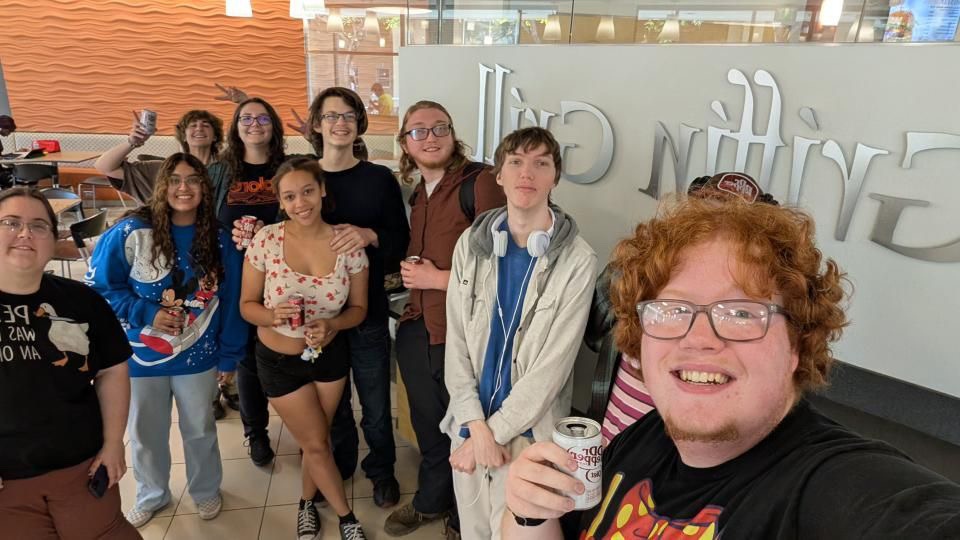GROSSMONT COLLEGE –Students may not be aware but there is a committee of faculty that meets on the1st, 3rd, and 5th Monday of every month to discuss the matters of the College on an academic and collegial basis.
Grossmont College’s Academic Senate is responsible for representing the faculty and consulting collegially with both the college administration and the college district’s governing board to reach mutual agreement on the development of policies and procedures related to academic and professional matters.
Currently, the Academic Senate is conducting two important selection processes. Nominations closed last Monday, Oct. 18, for the presidential election and balloting was Oct. 25. At press time, Dr. Susan Gonda of the History Department was the only candidate for the position.
Gonda shared in her candidate statement that “It would be my privilege to be President of Grossmont’s Academic Senate for the next term of two years. I have been very active in the Senate and on campus in a variety of forums, so I am very familiar with college and district structures, decision-making processes and the new ideas and policies heading down the pipeline.”
The current president, Chris Hill, stated during an interview that the main objective of the president is to “represent the faculty perspective … in order to make the best decisions for the overall college.”
Laura Sims, chair of the Senate’s academic elections committee, said when the state budget crisis forced Grossmont to eliminate 400 class sections prior to this semester, the Academic Senate consulted closely with the Administration on which cuts would be least harmful to students.
Both professors told the Summit that the Grossmont-Cuyamaca Community College District seeks input from the Academic Senate in the spirit of “shared governance and participation.”
According to Grossmont Academic Senate’s Constitution Article III, the Senate “represents all non-management certificated personnel employed at Grossmont College.”
Main topics for the Senate include grading and planning for the funneling of resources for the college. An example of a topic discussed by the Senate was the SB 1440 Act (Student Transfer Reform Act), which now enables more transfers from community colleges to the California State University and Colleges.
In addition to the presidential election, the Senate has opened nominations for the Faculty Co-chair of the Accreditation Steering Committee. This position runs for six semesters, beginning in Spring 201.
*
Jackson is a student in MCOMM 132








